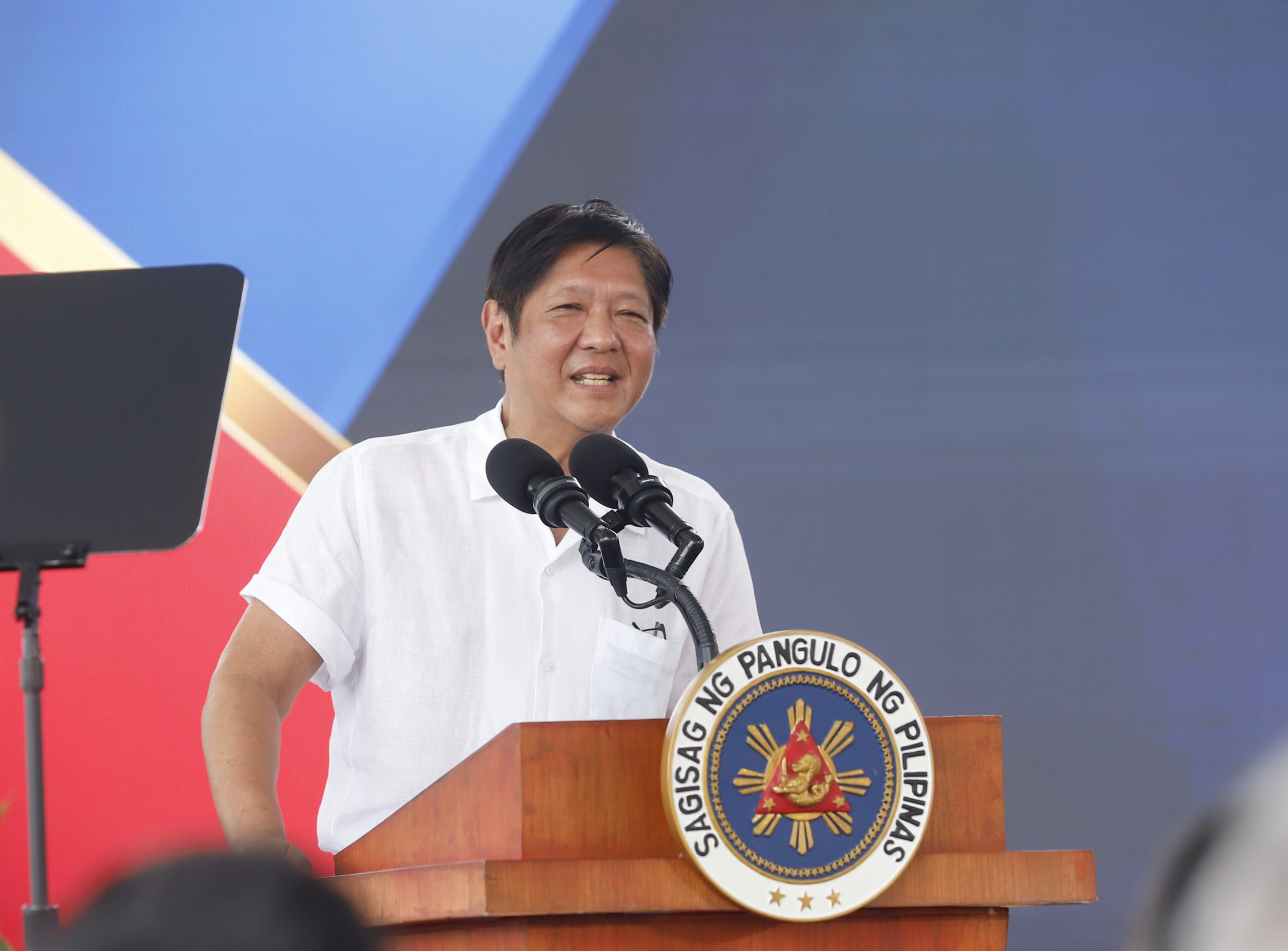News
PBBM Oks 3 laws for veterans, MSMEs, cultural dev’t

President Ferdinand R. Marcos Jr. (PNA photo by Alfred Frias)
MANILA – President Ferdinand R. Marcos Jr. has approved three significant laws that aim to protect the welfare of disabled military veterans, improve the country’s business system and strengthen the conservation and protection of cultural heritage.
A series of transmittal letters separately addressed to Senate President Juan Miguel Zubiri and House Speaker Ferdinand Martin Romualdez were already signed by Executive Secretary Lucas Bersamin last Aug. 24, stating the three laws that were approved.
Bersamin, through the transmittal letters, will notify Congress on Aug. 29 regarding the approval of Republic Act (RA) Nos. 11958, 11960 and 11961.
RA No. 11958 titled “An Act Rationalizing the Disability Pension of Veterans, Amending for the Purpose Republic Act. No. 6948, Entitled, ‘An Act Standardizing and Upgrading the Benefits for Military Veterans and their Dependents’, as Amended” aims to provide a monthly disability pension to a veteran who is disabled due to sickness, disease, wounds, or injuries sustained in the line of duty in accordance with the rates provided by the new law.
Meanwhile, RA No. 11960 titled “An Act Institutionalizing the One Town, One Product (OTOP) Philippines Program, Appropriating Funds Therefor, and for Other Purposes,” otherwise known as the OTOP Philippines Act, seeks to develop a self-reliant and independent national economy effectively controlled by Filipinos.
It also aims to provide adequate and effective support services for local micro, small and medium enterprises (MSMEs) led by the Department of Trade and Industry with the collaboration of various agencies such as the Cooperative Development Authority and the Department of Agriculture.
The Department of Information and Communications Technology, the Department of the Interior and Local Government, the Department of Health, the Department of Science and Technology and the Department of Tourism are also members of the OTOP Management Committee.
Other agencies included are the Department of Transportation, National Economic and Development Authority, National Commission for Culture and the Arts, Philippine Information Agency, Philippine International Trading Corporation and the Technical Education and Skills Development Authority.
The third law is RA No. 11961 titled “An Act Strengthening the Conservation and Protection of Philippine Cultural Heritage Through Cultural Mapping and Enhanced Cultural Heritage Education Program, amending for the Purpose Republic Act No. 10066, Otherwise Known as the “National Cultural Heritage Act of 2009.”
Senate President Pro Tempore Loren Legarda said the passage of Cultural Mapping law is a significant milestone to the continued promotion and preservation of Filipino culture.
She expressed her gratitude to lawmakers who supported the measure which she has been pushing since the 16th Congress.
“I thank the leadership of the Senate and the House of Representatives for the immediate approval of this measure. I commend the agencies that worked hard for the Cultural Mapping bill to be passed because we believe this is one of the best legacies we could give future generations of Filipinos,” Legarda said in a statement on Friday.
The law mandates local government units to conduct a comprehensive cultural mapping of their areas of jurisdiction for both tangible and intangible, and natural and built heritage.
“The institutionalization of cultural mapping was sought to make heritage an inclusive tool for local and national development. It employs a grassroots approach that empowers local communities to identify and assign cultural value to properties that are important to them,” she said. (With a report from Leonel Abasola/PNA)





















